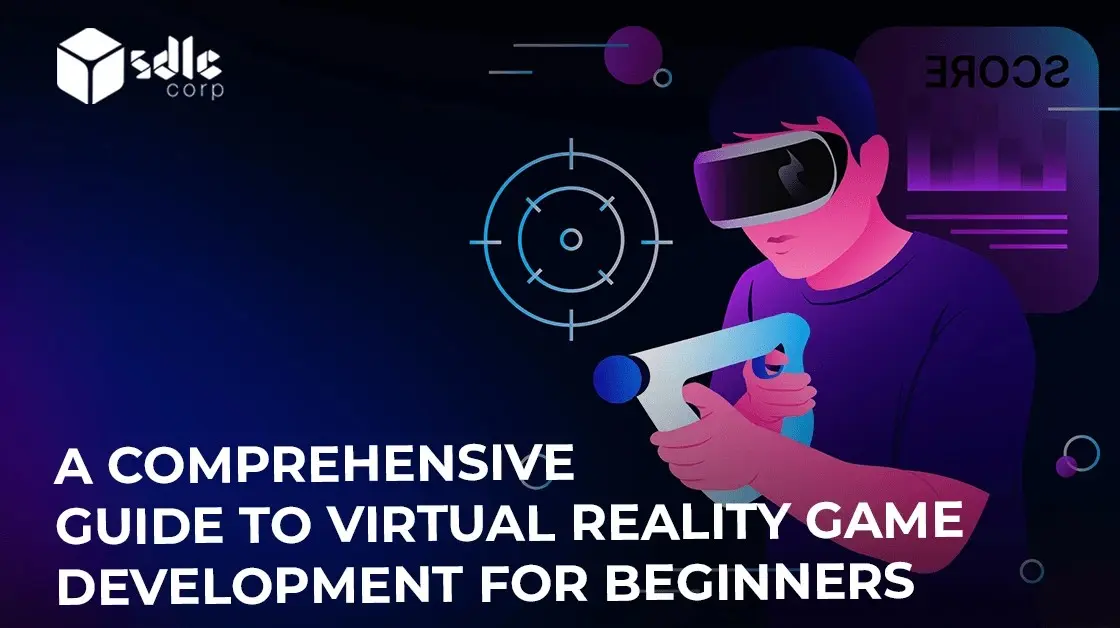Ludo games have made a massive comeback in the digital era. What was once a traditional board game enjoyed at home is now a multimillion-dollar opportunity in mobile and web gaming. With a global user base and increasing in-app engagement, Ludo developers and businesses are constantly seeking sustainable Ludo game revenue models to generate steady income.
Understanding effective Ludo game monetization strategies is critical to success. The market is saturated with free-to-play apps, so building an engaging product is only part of the equation. To truly scale your business, you need to implement monetization methods that not only generate revenue but also enhance user experience.
To know more about monitizations strategies and ludo game devlopment Explore our guide on launching a Ludo business
1. Freemium Model with Cosmetic Upgrades

The freemium model is among the most popular Ludo game monetization strategies. Players can enjoy the game for free, but optional cosmetic upgrades like animated dice, custom avatars, and themed boards can be purchased through in‑app purchases in Ludo.
- Drives personalization and user loyalty
- Monetizes engaged users without disrupting gameplay
2. Rewarded Ads for Non-Paying Users

Rewarded ads in Ludo games strike a perfect balance between monetization and player satisfaction. Users can watch short ads to gain rewards such as coins or second chances.
- Increases session time and retention
- Offers value in exchange for ad views
3. Subscription-Based Premium Access

Offering a subscription model can significantly boost your Ludo game revenue models. Players gain access to premium features, exclusive tournaments, and ad-free experiences.
- Generates consistent monthly revenue
- Builds brand loyalty through exclusivity
Explore: The Pros and Cons of Gaming Subscriptions: Are They Worth It?
4. Tournament Entry Fees and Prize Pools

Creating regular tournaments with entry fees is an engaging way to drive revenue. Players are drawn to the chance of winning exciting prizes.
- Drives competitive spirit and engagement
- Encourages repeat visits to the app
5. Sponsored Tournaments and Brand Collaborations

Partnering with brands for sponsored events can open new monetization channels. It’s beneficial for both visibility and user excitement.
- Attracts new users through brand reach
- Monetizes via brand placement and cross-promotion
6. Limited-Time Offers and Flash Sales

Flash sales based on holidays or user behavior can create urgency. These sales often result in quick conversions and revenue spikes.
- Encourages impulse buys
- Drives revenue without ongoing overhead
7. Social Gifting and Referral Rewards

Referral programs and gifting systems boost your player base organically. Reward users for inviting friends or sharing game content.
- Builds a community around your app
- Supports user acquisition with minimal cost
Learn more : Player Retention Strategies in Ludo Gaming
8. Real-Money Betting (Region-Specific)

For regions where it’s legal, real-money betting can be a profitable option. Players bet money on outcomes and earn real rewards.
- High user retention and excitement
- Requires robust compliance mechanisms
9. Affiliate Marketing and Cross-App Promotions

You can generate extra revenue by promoting other apps or services that align with your audience’s interests.
- Diversifies revenue streams
- Keeps monetization subtle and effective
10. Customization Subscriptions for Long-Term Fans

Offering ongoing customization via monthly subscriptions can foster deeper engagement. Deliver new items like skins, themes, or emojis regularly.
- Keeps users engaged long-term
- Adds value without disrupting core gameplay
Conclusion
With mobile gaming on the rise, having strong Ludo game monetization strategies is no longer optional. Implementing a combination of the above tactics will ensure both revenue and user satisfaction. Whether it’s through in‑app purchases in Ludo, rewarded ads in Ludo games, or affiliate marketing, the key is finding what aligns best with your audience.
Read about how to build a scalable Ludo business
Need Help in Monitizing your Ludo Game?
Contact SDLC Corp for expert consultation, full-stack development, and personalized revenue strategies.
FAQs
What Are the Most Effective Ludo Game Monetization Strategies?
The most effective strategies include freemium models, rewarded ads, subscription access, tournament fees, and brand sponsorships. These approaches help balance revenue generation with player experience.
How Do Rewarded Ads in Ludo Games Improve Engagement?
Rewarded ads offer users in-game benefits like extra coins or retries in exchange for watching ads, increasing both engagement and ad revenue without frustrating players
Is Real-Money Betting Legal for Ludo Games?
Real-money betting is region-specific. It can drive strong revenue but requires careful compliance with local laws and regulatory frameworks to operate legally.
How Can In‑App Purchases in Ludo Be Made More Appealing?
By offering cosmetic upgrades, themed content, and limited-time bundles, developers can increase the attractiveness of in‑app purchases without disrupting gameplay
Why Should I Use Subscription Models for My Ludo Game?
Subscription models offer consistent revenue while delivering value through ad-free play, exclusive items, or early access to features—keeping loyal users engaged longer.





